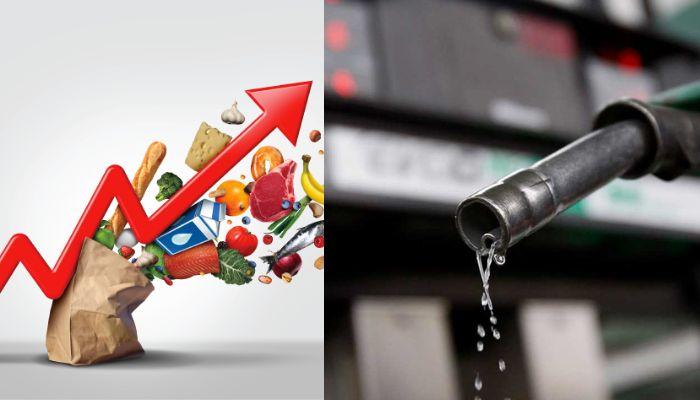October 16, 2024
By Abiodun Adeleke
The hike in the prices of petrol, as done lately in Nigeria, has gone a long way to affect businesses and living conditions in the country and further deteriorate the economic predicaments.
This increase, from about N600 to over N855 per liter of petrol, has largely been frowned upon by the generality of the citizens and analysts.
Economic Consequences
Inflation and Cost of Living
The increase in the price of petrol has, therefore, spiked the prices of essential goods and services. Analysts say the development is expected to further worsen the current high inflation rate as consumer prices are very likely to increase due to the increased costs of logistics. According to the Chief Executive Officer of Financial Derivatives Company, Bismarck Rewane, this may hike up energy poverty from 161 million in 2023 to 168 million in 2025.
Business Operations
Irregular supplies of electricity have increased the cost of operations for businesses, especially the small and medium-scale enterprises that depend largely on petrol to generate their power. Experts have, however, warned that many businesses may shut down or operate at a loss because of this increased cost burden, translating into increased non-performing loans within the financial institutions. NECA has also berated the increase in price as a reflection of inefficiencies within NNPPC, which have been passed to consumers, perhaps inappropriately.
Social Impact
Public Discontent and Potential Unrest
Besides the unending decline of living standards due to heavy fuel prices, there is also growing concern about social unrest. These people have been frustrated with the government policies, seen to worsen poverty and increase inequality.
The Trade Union Congress urged the government to change its policy on fuel prices as a way of restoring confidence in itself before the people. As economic analysts had said, the increasing gap between the rich and the poor will translate into more protests against the government.
Impact on Lifestyle
Actually, the rise in the cost of transport has fallen most heavily on low and middle-income families, who have already been battered by a high rate of inflation and unemployment. “It will slash at disposable incomes and cut into access to basic needs like food, health, and education.”.
The increase in the price of petrol, the latest in a row of spiraling economical issues entwined with each other and with a further-reaching impact on businesses and households alike, just highlights the dire need for urgent policy interventions with immediate effects of stabilization and efficiency building within the petroleum sector. Without this, the general socio-economic landscape might continue to deteriorate, leading to rising unrest and hard times for millions of Nigerians.
Note: Views expressed by contributors are strictly personal and not of The Yoruba Times






